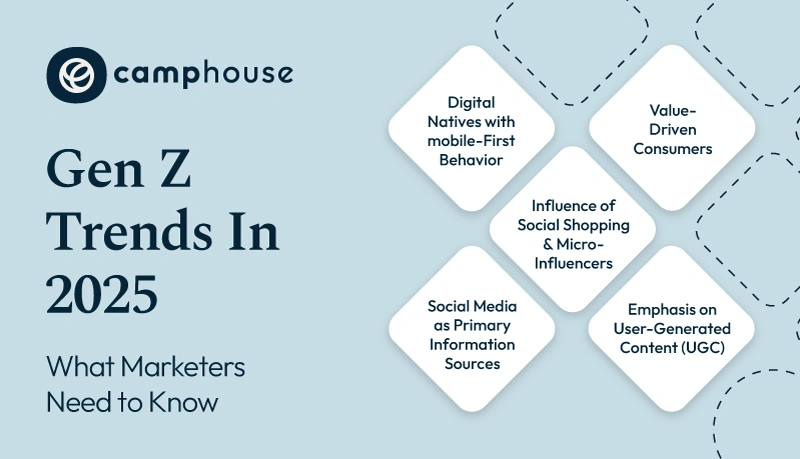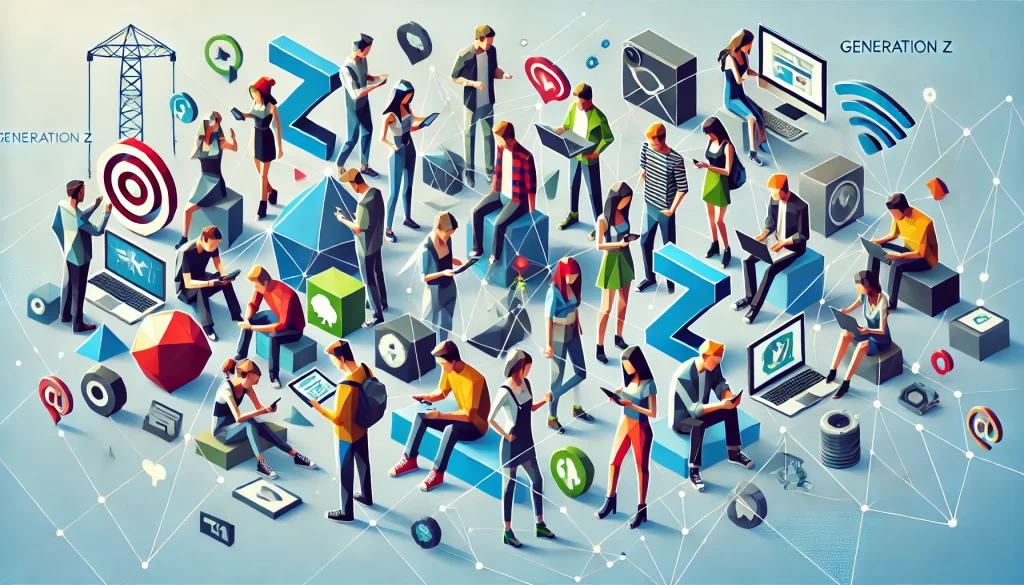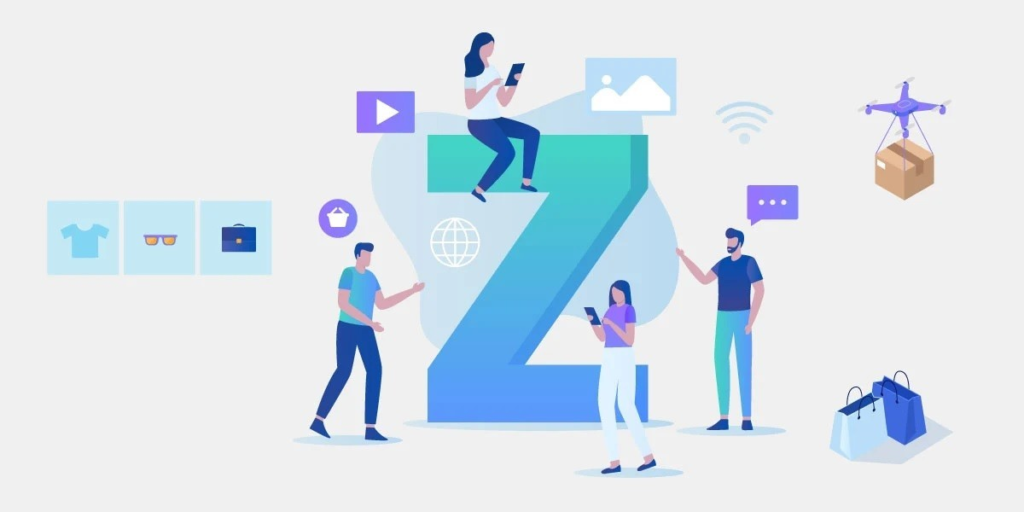In recent years, Gen Z—those born between the late 1990s and early 2010s—has emerged as a powerful force reshaping the media and entertainment landscape in the United States. With their unique values, digital fluency, and demand for authenticity, Gen Z is not just consuming content but actively influencing how it’s created, shared, and experienced. This shift is transforming everything from social media platforms to Hollywood blockbusters, as industries scramble to keep up with a generation that prioritizes realness over perfection.

Who Is Generation Z?
Gen Z, often referred to as “zoomers,” is the demographic following Millennials, currently ranging from teenagers to young adults in their mid-20s. Unlike previous generations, Gen Z grew up with smartphones, social media, and streaming platforms as integral parts of their lives. This digital-native status gives them unmatched influence over trends, as they navigate platforms like TikTok, Instagram, and YouTube with ease. According to a 2024 Pew Research Center study, over 60% of Gen Z adults in the U.S. use social media daily, making them a key audience for content creators and brands.
What sets Gen Z apart is their preference for authenticity over polished, curated content. They’ve grown up in an era of filtered Instagram posts and scripted reality TV, but they’re pushing back against artificiality. Instead, they gravitate toward raw, unfiltered voices that reflect real experiences, diversity, and relatability.
Redefining Entertainment: The Push for Realness
In the entertainment industry, Gen Z’s influence is undeniable. They’re driving a shift away from traditional, formulaic storytelling toward content that feels genuine and inclusive. Streaming platforms like Netflix and Hulu have taken note, producing shows that tackle real-world issues like mental health, identity, and social justice—topics that resonate deeply with younger audiences.
Take, for example, the rise of shows like Euphoria on HBO, which explores gritty themes like addiction and self-discovery through a Gen Z lens. The show’s raw storytelling and diverse cast have made it a cultural touchstone, with viewership among 18- to 24-year-olds soaring. Similarly, movies like Everything Everywhere All At Once have gained traction for their bold, unconventional narratives that challenge traditional Hollywood tropes.
Gen Z’s demand for authenticity also extends to representation. They want to see themselves—whether that’s their race, gender, or lived experiences—reflected on screen. A 2023 report from the UCLA Hollywood Diversity Report found that films and TV shows with diverse casts are more likely to attract younger audiences, with Gen Z leading the charge for inclusivity. This generation isn’t just asking for diversity; they’re holding studios accountable when representation feels tokenistic or inauthentic.

Social Media: Where Authenticity Reigns Supreme
Social media is where Gen Z’s influence shines brightest. Platforms like TikTok have become cultural hubs, driven by user-generated content that feels unpolished and real. Unlike the curated feeds of Instagram’s early days, TikTok thrives on candid, often humorous videos that showcase everyday life. Whether it’s a teenager sharing their mental health journey or a young creator debunking stereotypes, Gen Z uses these platforms to tell stories that resonate.
This shift has forced influencers and brands to rethink their strategies. Gone are the days of picture-perfect posts; Gen Z favors creators who are transparent about their flaws and struggles. For instance, influencers like Emma Chamberlain, who built a massive following by sharing unfiltered vlogs about her life, have become icons for their relatability. A 2024 survey by Morning Consult found that 70% of Gen Z consumers trust influencers who share authentic, unpolished content over traditional celebrities.
Brands are catching on, too. Companies like Nike and Glossier have pivoted to campaigns that highlight real people and real stories, often featuring user-generated content. This approach not only appeals to Gen Z but also builds trust, as they’re skeptical of overly polished ads. In fact, a 2024 Edelman Trust Barometer report revealed that 65% of Gen Z Americans trust brands that prioritize transparency and social impact.
Music and Self-Expression
The music industry is another arena where Gen Z’s love for authenticity is making waves. Artists like Billie Eilish and Olivia Rodrigo have skyrocketed to fame by embracing vulnerability in their lyrics, tackling themes like anxiety, heartbreak, and self-discovery. Their music resonates with Gen Z because it feels like an honest reflection of their emotions and experiences.
Unlike the pop stars of the early 2000s, who often projected a polished image, today’s artists are celebrated for their imperfections. Billie Eilish, for example, is known for her oversized clothing and rejection of traditional beauty standards, which has endeared her to millions of fans. Her 2021 album Happier Than Ever debuted at number one on the Billboard 200, driven largely by Gen Z streams.
Gen Z is also reshaping how music is discovered. Platforms like Spotify and SoundCloud allow independent artists to bypass traditional gatekeepers, giving rise to bedroom pop and lo-fi genres. This democratization of music creation aligns with Gen Z’s DIY ethos, where anyone with a smartphone and a story can find an audience.

The Role of Activism in Entertainment
Another hallmark of Gen Z’s cultural influence is their commitment to social change. This generation is outspoken about issues like climate change, racial justice, and mental health, and they expect the media they consume to reflect those values. They’re not afraid to call out brands, celebrities, or studios that don’t align with their principles—a trend known as “cancel culture.”
For example, when a major fashion brand was criticized for cultural appropriation in 2023, Gen Z-led boycotts on social media led to a swift apology and policy change. This activism extends to entertainment, where Gen Z demands accountability. They’re quick to praise projects that get it right, like Marvel’s Shang-Chi and the Legend of the Ten Rings, which was lauded for its authentic representation of Asian culture, but equally quick to critique those that miss the mark.
This focus on social impact has also given rise to “purpose-driven” content. Documentaries like Greta (about climate activist Greta Thunberg) and social media campaigns around mental health awareness have gained traction among Gen Z audiences. They want content that not only entertains but also inspires action and change.
Challenges for the Industry
While Gen Z’s influence is exciting, it poses challenges for the media and entertainment industries. Keeping up with their rapidly evolving tastes requires agility and a willingness to take risks. Traditional media companies, accustomed to predictable formulas, are struggling to adapt to a generation that values experimentation and individuality.
Moreover, Gen Z’s short attention spans—honed by endless scrolling on TikTok—mean content must grab their interest immediately. A 2024 study by Deloitte found that Gen Z spends an average of 7 seconds deciding whether to keep watching a video. This puts pressure on creators to produce engaging, concise content that feels authentic from the first frame.
Monetization is another hurdle. Gen Z is notoriously skeptical of traditional advertising, with many using ad-blockers or skipping ads altogether. Brands must find creative ways to integrate their messages, such as through influencer partnerships or branded content that feels organic.
What’s Next for Gen Z’s Cultural Influence?
As Gen Z continues to come of age, their impact on media and entertainment will only grow. They’re not just passive consumers but active participants, using their voices to demand content that reflects their values and experiences. This generation is pushing the industry toward a future where authenticity, diversity, and social impact are non-negotiable.
For creators and brands, the message is clear: to connect with Gen Z, you must be real. Whether it’s a TV show that tackles tough topics, an influencer who shares their unfiltered life, or a brand that takes a stand on social issues, authenticity is the key to winning their loyalty. As this generation continues to redefine culture, one thing is certain: the era of polished perfection is over, and the age of realness has begun.
Also Read :- AI-Driven Ad Campaigns: Personalizing Content, Boosting Engagement, and Sparking Privacy Debates






